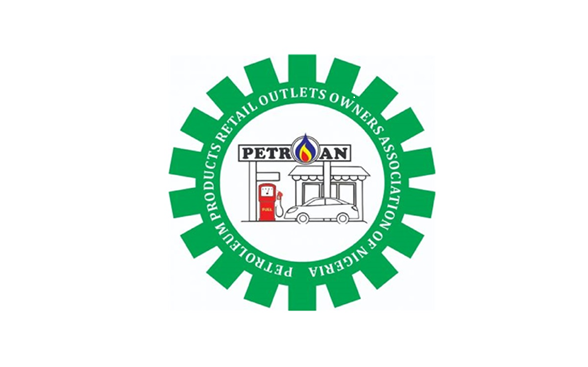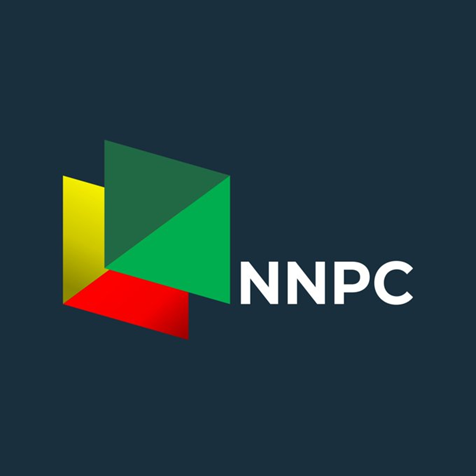A Botswanan company which trains farmers to use bees to stop elephants destroying their farms, a Zambian business which promotes sustainable bee-farming, and a Malawian start-up which turns leftovers into cooking gas have won the SEED Awards for Climate Adaptation (SEED Awards). SEED was founded as part of a global partnership between the United Nations Environment Programme (UNEP), the United Nations Development Programme (UNDP) and the International Union for Conservation of Nature (IUCN).
In Botswana, local entrepreneur Mavis Nduchwa founded Kalahari Honey to restore the balance between humans, wildlife, and the environment. The company gives farmers beehives and trains them to create a live fence of bees around their farms to deter local elephant populations. Not only does this reduce conflict between humans and wildlife, it gives farmers an added income as they can sell their bee products back to Kalahari Honey, which markets to customers globally. It also increases pollination through the propagation of bee colonies and the introduction of more indigenous, drought-resistant plant species reverses the ongoing desertification. The company currently works with 500 rural farmers, but under SEED’s expert provision it aims to work with an additional 1,500 farmers over the next year and expand the capacity of its processing factory.
In Zambia, entrepreneur Harry Malichi set up Wuchi Wami to train farmers in sustainable beekeeping. The company packages, brands, markets and distributes local raw and organic honey from its registered cooperative made up of 2,500 farmers. It uses modern beehives made from easy-to-plant pine, rather than the local miombo trees, which are destroyed in traditional beehive production. This type of beekeeping is less labour-intensive, enabling women, youths and orphans to farm honey. Deforestation is further reduced by providing an alternative income source for women and men engaged in charcoal burning. Under SEED’s guidance, the enterprise plans to increase the number of smallholder farmers in its cooperative to 10,000 in the coming year.
EcoGen, founded by Clement Kandodo in Malawi in 2019, provides advanced biowaste bins and biodigesters for households to recycle their leftover food and agricultural waste, turning it into biogas for cooking and organic fertiliser. The provision of renewable cooking gas, especially to rural customers relying on wood fuel, takes the pressure off local forest resources. Organic fertiliser increases yields and incomes of smallholder farmers, enhancing their climate resilience. SEED will help EcoGen scale its services to provide 4,000 households and institutions with access to renewable biogas energy by 2023.
Yves Wantens, General Representative of the Government of Flanders in the United States commented: “When it comes to the impacts of climate change, countries like Malawi, Zambia and Botswana are on the front line. They are the ones who will feel the effects of a rise in global temperature most acutely. That is why we are so proud to support the SEED Awards, which recognise and scale the impact of eco-inclusive enterprises across these local communities. As we emerge from the COVID-19 pandemic, MSMEs are at the forefront of enabling green recovery and delivering on SDGs, for the good of the wider community and the planet.” The Government of Flanders is the primary sponsor of the SEED Climate Adaptation Awards.
The SEED Awards ceremony, taking place today at the UN’s High-level Political Forum on Sustainable Development (HLPF), will also see SEED present its ‘Green Recovery Snapshot’ findings, which calls on governments, donors, and financial providers to increase targeted support for MSMEs as they stimulate economic growth in a post-COVID world. MSMEs are responsible for creating seven out of ten jobs across emerging markets, and green and social MSMEs deliver environmental and social impact through their activities, products, and services, making them essential actors in achieving a green recovery.
Winners of the SEED Awards will be awarded matching grants of between EUR 10,000 – 15,000 and will receive tailored one-to-one advisory services for up to a year to scale their operations, as part of the renowned SEED Accelerator programme. In line with the principle of ‘awarding the best and moving the rest’, 39 runners-up will also be supported through the SEED Catalyser programme, to refine their business models and optimise their impacts while advancing their investment readiness.
SEED’s Director of Operations, Rainer Agster, added: “The calibre of SEED Award entries this year was outstanding, and we extend our congratulations to all nine winners and 39 runners-up. We hope the enterprises identified and promoted by the SEED Awards will be a source of inspiration for aspiring entrepreneurs across emerging economies. Through the SEED Awards, we will support 48 enterprises in 2021, and through our other programmes, several hundreds more. For each of those, however, there are thousands more eco-inclusive enterprises furthering SDGs which can be amplified with the right support. Therefore, we strongly encourage policy makers and financial actors to take a closer look at these eco-inclusive businesses and start or scale support programmes for them.”
Of the 2021 SEED Awards cohort, 69 per cent of enterprise leaders are 18-35 years-old and 52 per cent are female-led enterprises. Since their inception in 2005, the SEED Awards have awarded 311 enterprises in 40 countries and have facilitated the disbursement of over EUR 1 million in grants. Each individual SEED enterprise has saved an average of 7,300 tonnes of CO2, generated more than 9,399 kWh of renewable energy, and created 28.4 jobs, out of which 32 per cent are offered to people at the Bottom of the Pyramid (BoP).


 News3 weeks ago
News3 weeks ago
 Business3 weeks ago
Business3 weeks ago
 Technology3 weeks ago
Technology3 weeks ago
 Investment3 weeks ago
Investment3 weeks ago
 Banking Sector3 weeks ago
Banking Sector3 weeks ago
 Banking Sector3 weeks ago
Banking Sector3 weeks ago
 Appointments3 weeks ago
Appointments3 weeks ago
 Investment3 weeks ago
Investment3 weeks ago




























